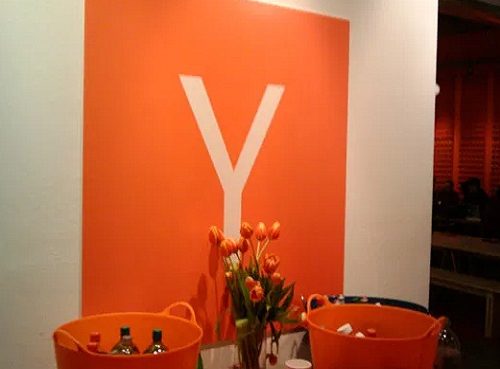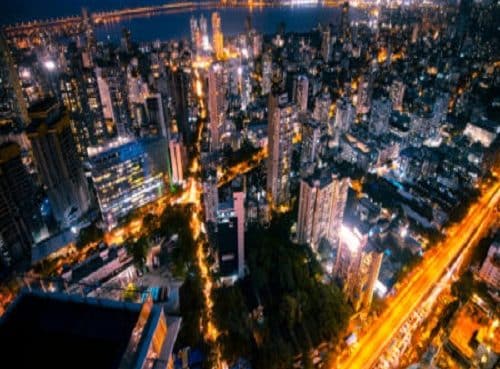I Have Seen the Future of Africa – It’s in Tech and Wrapped Around Youth
Jevinarlys Khamasi is as Kenyan as one can ever be. When I met him in the bush on the shores of Lake Kyoga, right at the underpopulated centremost point of Uganda, I knew his nationality right away from his accent. Years ago, connoisseurs of Kenyan society could tell Luo, Kikuyu, Kamba or (especially) Meru accents. Not so anymore. All Kenyans now seem to speak English in the same way.
Khamasi was in a bunch of seven young adults working doing internship work on an ultra-modern project for the Uganda Ministry of Science and Technology. They have been at it for months now.
Although in their tightly restricted enclosure right in the middle of the wild Kyoga savannah they should have little fear of catching the Covid-19 harassing the outside world, the young scientists have their face masks on all the time, except when they break for lunch.
As we attacked our platefuls of matooke and fresh tilapia easily harvested from the shallow Kyoga waters, I ask Khamasi where he came from. Arusha, he answers without hesitation, and in case I didn’t know where that is, he adds, Tanzania.
Seeing my raised eyebrows, he volunteers more information about his circuitous trip from native Kakamega to Kyoga. He is a master’s student at the Nelson Mandela (pan) African Institute of Science and Technology, specialising in embedded digital something that made my head turn around when he tried to explain them.
Eventually, in the plainest English that a youthful Kenyan accent can deliver, he managed to help wrap my head around the working of a futuristic public transport system. Apparently, scientists intend to have passengers effortlessly have a total digital experience while travelling from point A to point B. So they seek to integrate the different functions from basics of boarding, payment, sitting to other modern essentials like taking the passenger’s temperature (in these Covid-19 times) and other needed stats as well as sanitising them without their active participation, plus of course ensuring they keep modern ‘rights’ like accessing internet and on board entertainment.
All these are both for the convenience and safety of the passenger and the efficiency of the transport operator. I get to learn that the pan-African institution admits postgraduate students from all over Africa. And these students get opportunities to do their internships in different countries where suitable projects engaged in cutting edge technologies are in operation.
The six other interns I met all had an interesting story to tell. Meeting young African people in Africa who are working long hours in the pursuit of knowledge application not only to solve the continent’s problems but also to give Africa a fighting chance in the global competition to develop solutions to modern problems, can restore your faith in the future of the continent, if you had lost it.
Africa doesn’t have to wait until the last chap in the remote village has read and internalised the universal declaration of human right before it takes its place at in the arena of solving man’s contemporary problems, and preventing tomorrow’s problems.
Africa need not wait until the last peasant whose feet are infested with jiggers is healed before developing technology solutions for its specific requirements. Waiting and seeking solutions for our problems from other societies might deliver some solutions that do not take into account of all our interests. The emergence of continental institutions like the Nelson Mandela institute is a development in the right direction.
Getting young Africans from different countries to grow together academically, mentally and even socially is one way of redressing the mess created by those who arbitrarily subdivided the continent in 1884 from Berlin when in many cases they split families by placing the house in one country and their garden in another country.
Lamenting about the ills of colonisation, which ended six decades ago is no longer useful. Practical steps to address the problems and prevent their recurrence is what is needed. That is why technical cooperation of amongst Africans from different countries is a practice that must be encouraged until it becomes a culture. And this must be nurtured by Africans themselves, so that we don’t have a repeat of families whose kitchen is in one country and the toilet in another.
For when the borders get closed due to silly politics, seeking an international visa in order to go to your toilet is not a very good idea.
Source: theeastafrican










